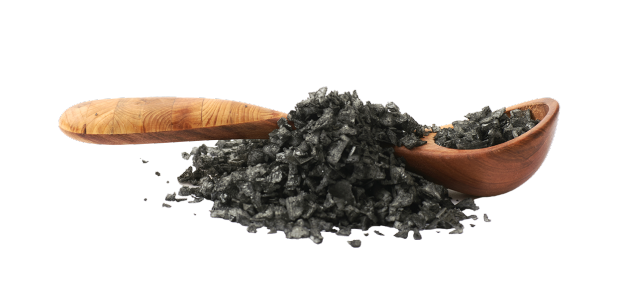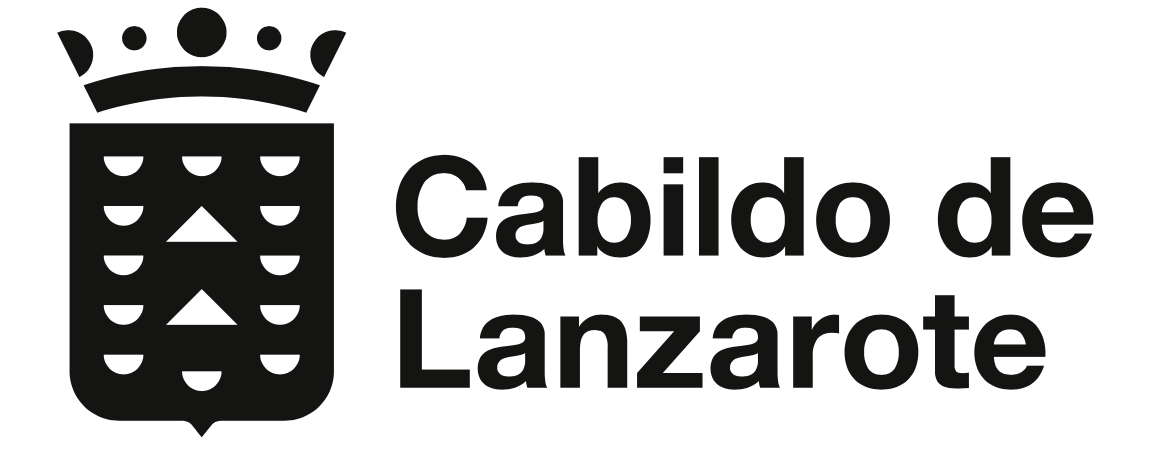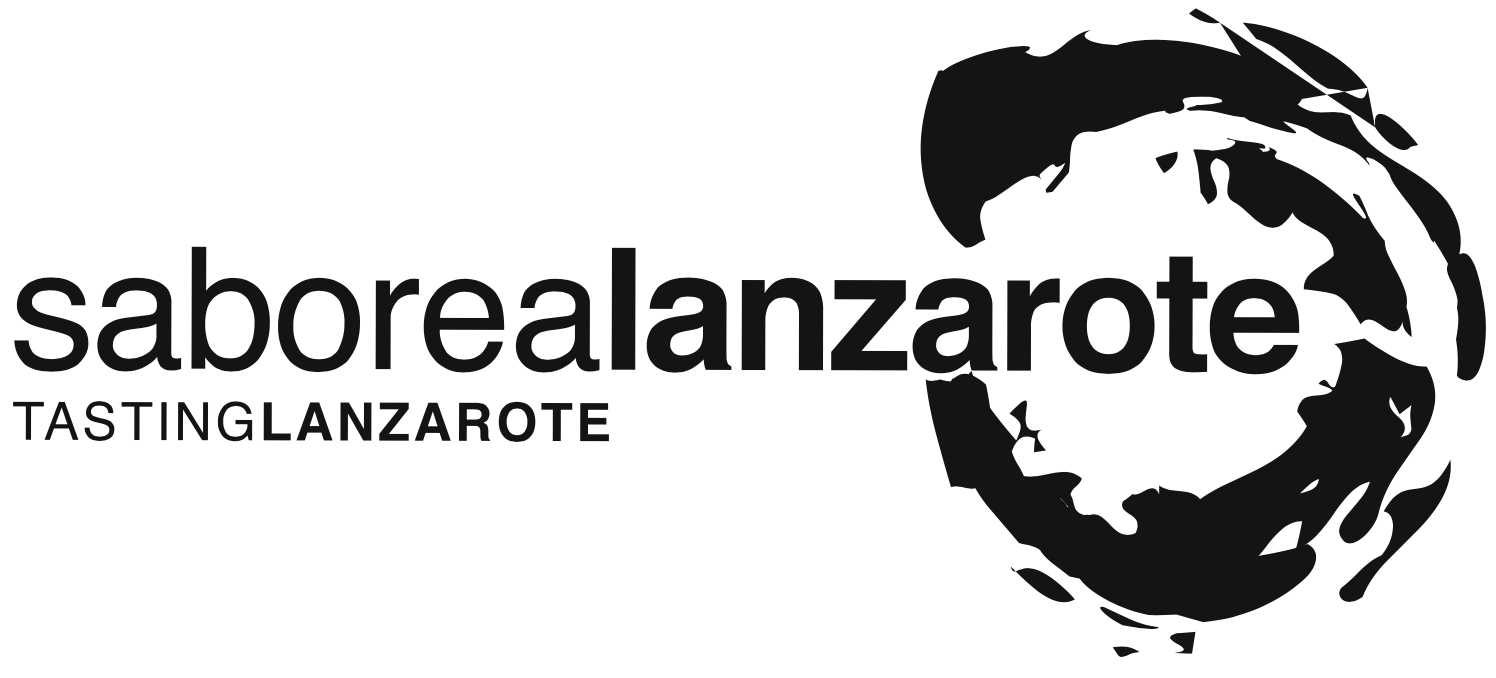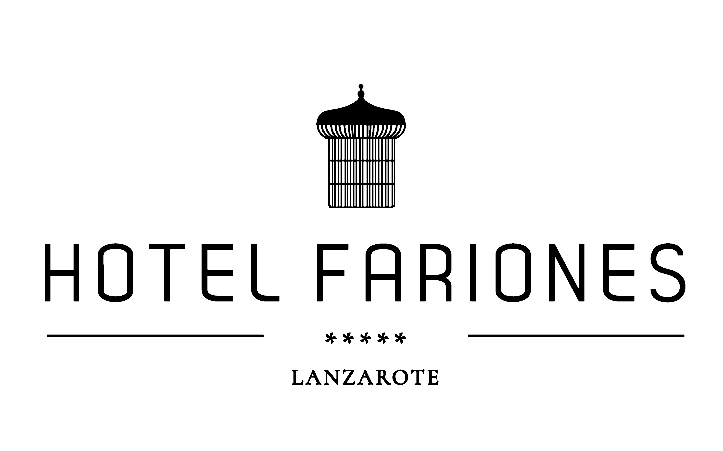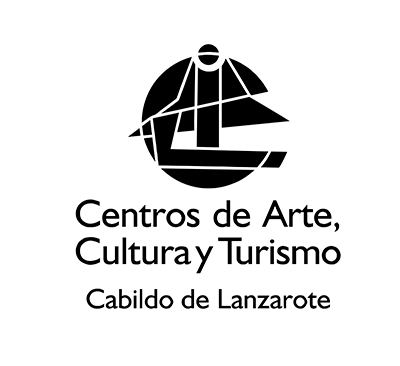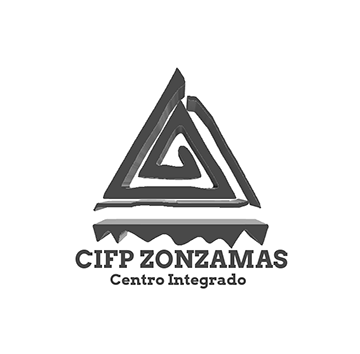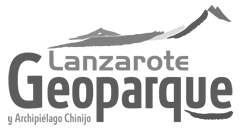Interview
Dieuveil Malonga: ”We're moving to the Volcano Park because the soil is incredible"
.jpg)
Although he has lived half of his 30 years in Europe, Dieuveil Malonga - the name tells a tale - is from Africa, the continent to which he returned not long ago to create Meza Malonga LAB (Kigali, Rwanda), thus making his own small contribution to promoting African cuisine, empowering Africa's chefs, and showcasing its products and recipes. Champion of Change in the 50 Best, Malonga will shortly be moving the restaurant and training centre to the west of the country, to a spectacular complex at the heart of the National Volcano Park, "because the soil is much more fertile".
During this interview Malonga, a finalist in the Basque Culinary World Prize 2018 and who studied and worked in Germany (Life*** and Aqua***) and in France (Hotel Intercontinental, Marseilles), talks about his restaurant, where he works only with African produce; and about Chefs in Africa, an association with which he is creating contacts among the entire sector in the continent, or Europe, "which has only heard of us gastronomically speaking if it has had colonies there". Africa is the new black.
By way of presentation: What is Meza Malonga?
It's a restaurant and a research centre where we create recipes from the produce we find all over Africa. It's also a school, where we train young chefs from all over the continent.
What was your goal when you started out?
To promote African cuisine. My team and I travelled all over the continent to search for and examine new ingredients, which we use at Meza to create new recipes. The more we promote our cuisine, the more restaurants there will be, and the more economic possibilities for all of us. We also want to use the school to train the continent's new chefs.
You have lived in Germany and France almost all your adult life. If you want to promote African cuisine and encourage people to discover Africa, why not open a restaurant in Europe?
It's better to be in Africa. I was born in the Congo, and I feel at home here in Africa. Also, the project isn't just about showing the world our strengths, but also to teach and empower African professionals, to show them, and everyone, that we have a future. And it also serves as a way of bringing you over to visit us.
Does African cuisine exist? What kind of cooking do you do?
You could say that my cooking is Afro-fusion, a combination of different cuisines and ingredients from all over the continent where, on the same plate, you can find fish from Tanzania, species from Cameroon or vegetables from Uganda ... That's the idea: a continent on one plate. Africa is large and plural, and each country and area have their own gastronomic culture, but there is something which unites us, and that's what we want to demonstrate in our recipes.
A lot of floor work to enable customers to interpret?
Our people explain all the food, so that people know what they're eating and where each ingredient or recipe comes from. Diners also arrive with an open mind to learn.
What kind of gastronomy does Africa have?
It's not very well known. What many European countries have heard of most is cookery from west Africa, in Nigeria, Senegal etc. And Morocco too. But knowledge depends on the country, and any countries it may have colonised.
Tell us about Chefs in Africa.
There are now more than 400 chefs involved. What we want to do is connect chefs on the continent, share information and contacts, create a kind of database of African chefs, even if they're now living outside Africa. So if someone needs a chef, they can look for one in the database. And, most especially, to contact farmers and producers with good operations, so that all of us can gain a better insight into our own land.
How do you see gastronomy in Europe from Rwanda?
In Europe, like all over the world, Covid has changed the sector, and placed the emphasis on local ingredients. And I think that's good, because in my opinion the good gastronomy of tomorrow will come from cooking whatever you have around you. Obviously you will have to import any ingredients you don't have to hand, but that should be the exception.
We will be seeing you shortly at Worldcanic, where you will be explaining how to manage a restaurant located in Rwanda's National Volcano Park.
I'll explain that volcanic soil is incredible. At the moment, Meza Malonga is in Kigali, the country's capital, near the volcanic area, but we'll be moving shortly to Musanze, right in the heart of the National Volcano Park. It's still Rwanda, but it's on the border with Uganda and Congo. Because the facilities are marvellous, because the surroundings are magical, because the volcanic soil is more fertile, and that changes the taste of products, and makes them better. Almost all the country's vegetables come from this region. At Worldcanic I'll be trying to take you to the heart of Africa.

